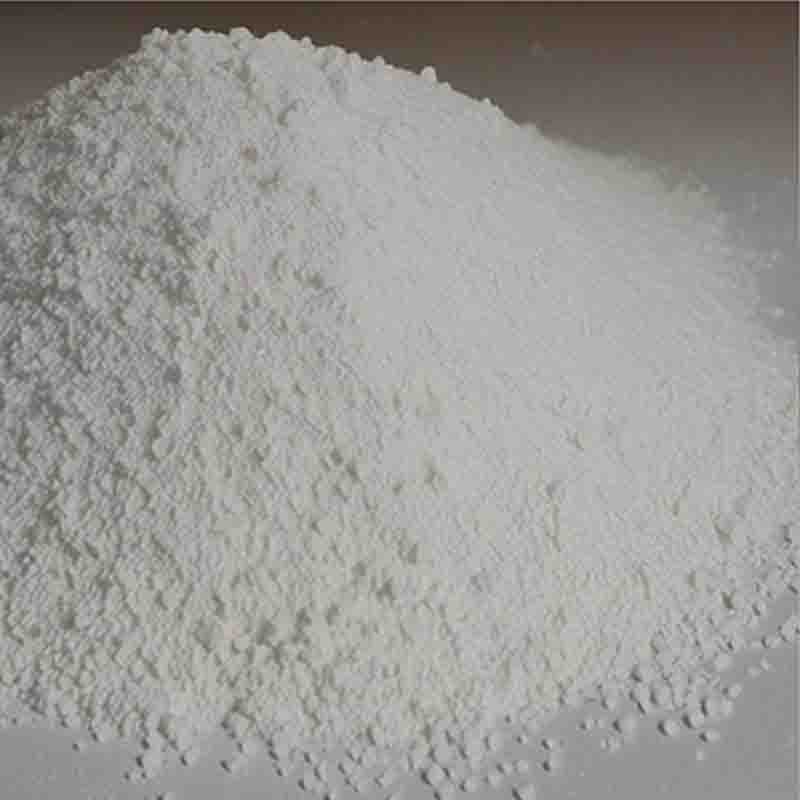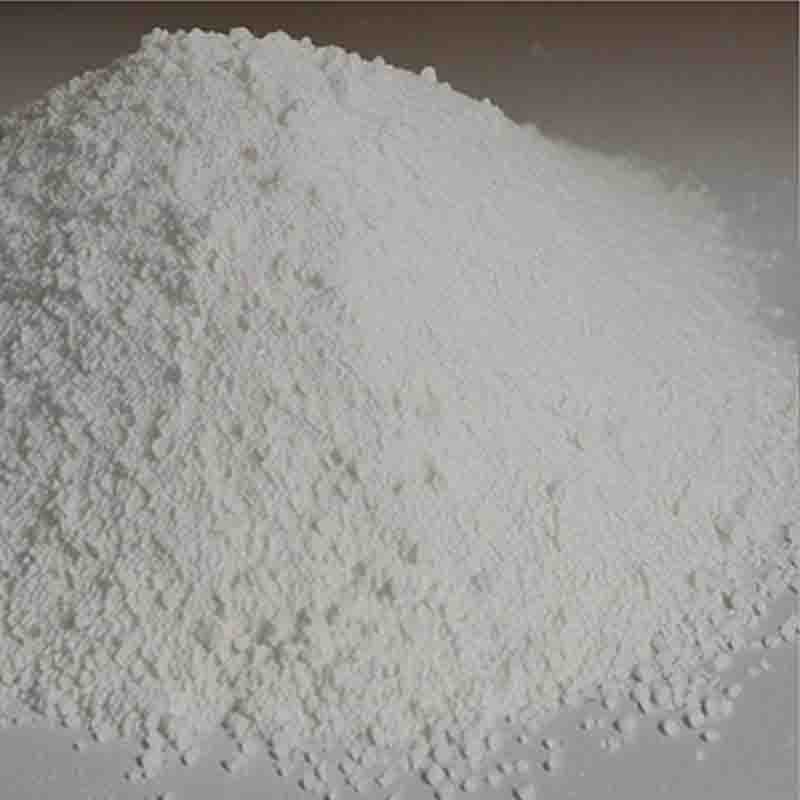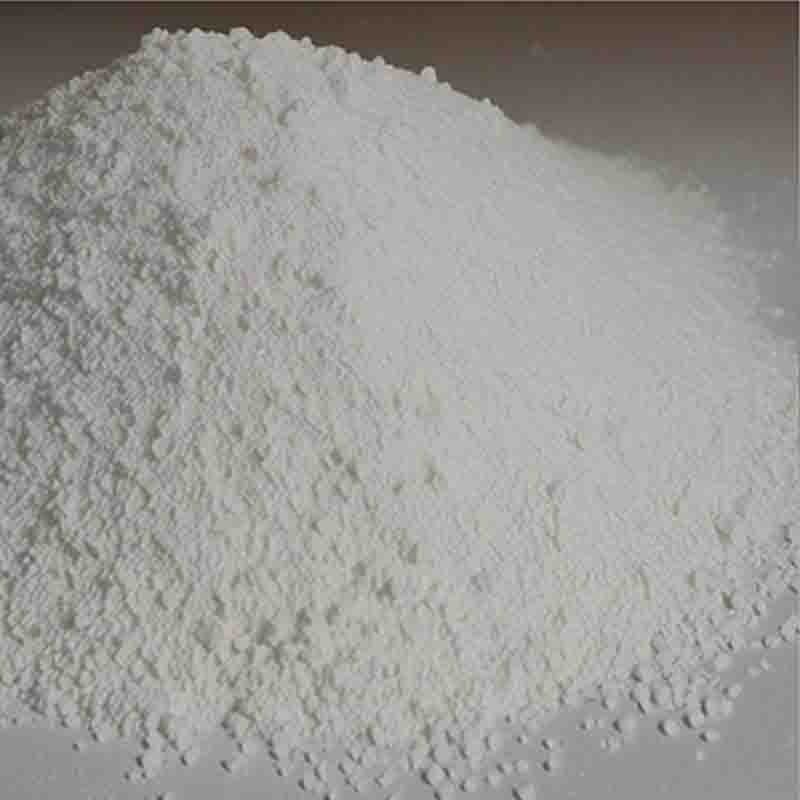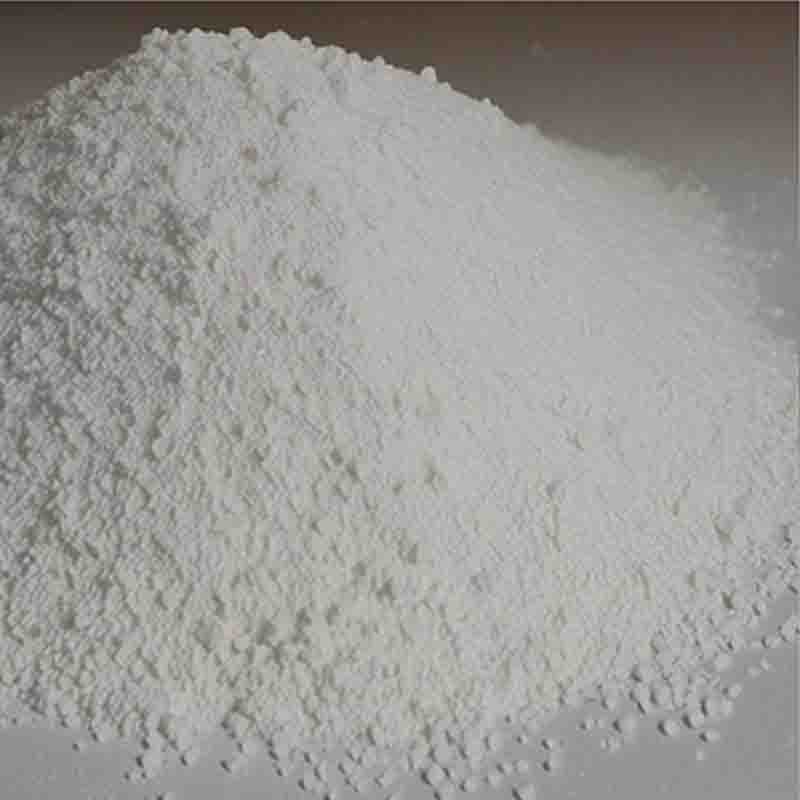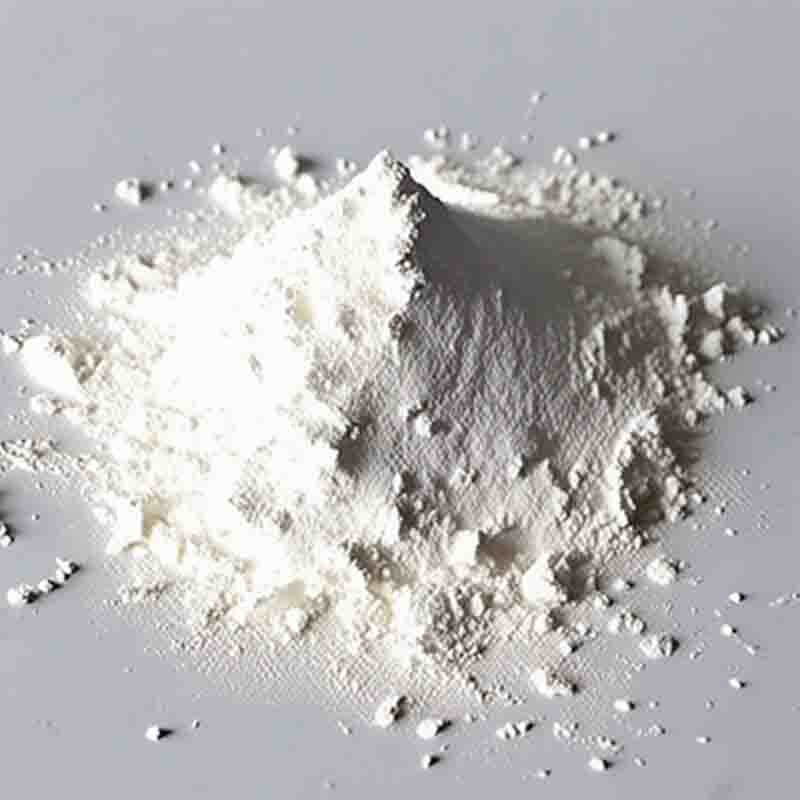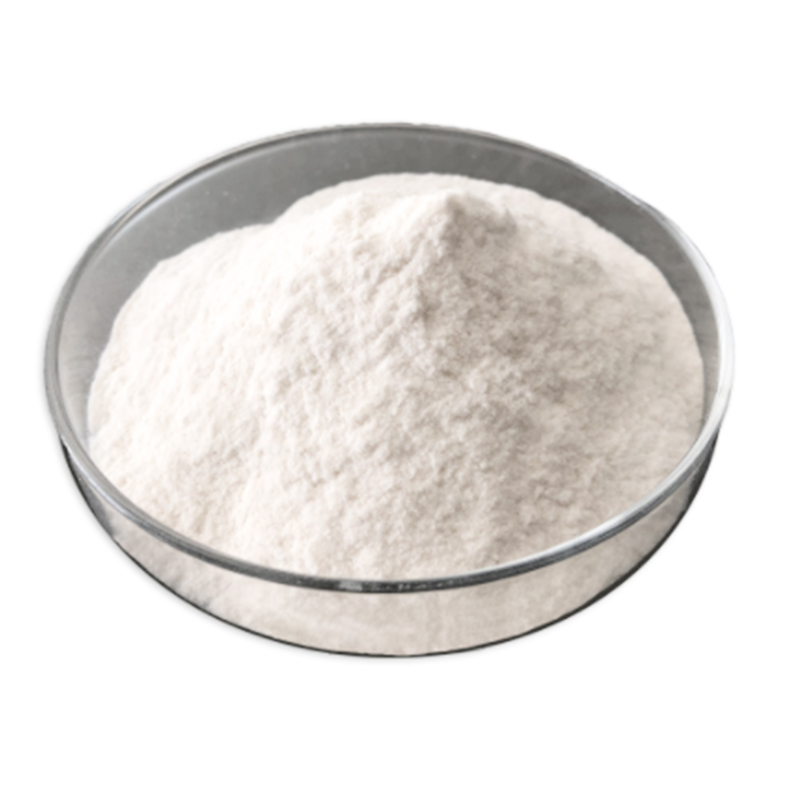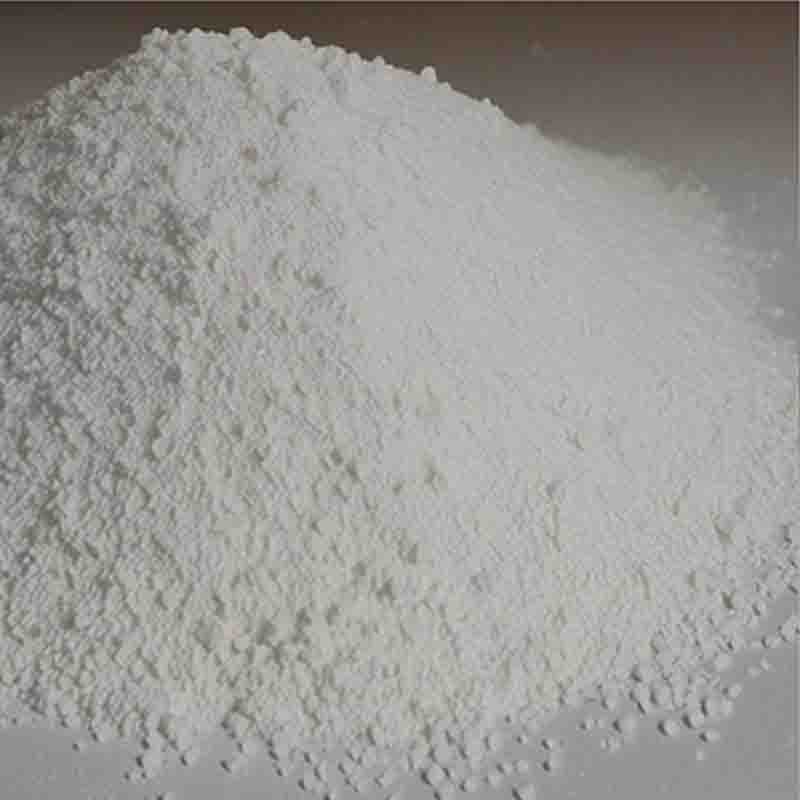3-Bromopyruvicacid CAS:1113-59-3
| Catalog Number | XD95886 |
| Product Name | 3-Bromopyruvicacid |
| CAS | 1113-59-3 |
| Molecular Formula | C3H3BrO3 |
| Molecular Weight | 166.96 |
| Storage Details | Ambient |
Product Specification
| Appearance | White powder |
| Assay | 99% min |
3-Bromopyruvic acid (3-BP) is a chemical compound that has gained significant attention in biomedical research due to its potential therapeutic effects against cancer. In this 300-word essay, we will explore the effects of 3-BP and its implications in cancer treatment.One of the key effects of 3-BP is its ability to inhibit glycolysis, the metabolic process through which cancer cells derive energy for their survival and growth. By targeting the enzyme hexokinase, which plays a crucial role in glycolysis, 3-BP disrupts the energy production of cancer cells, leading to their eventual death. This makes 3-BP an attractive candidate for cancer therapy, as the selective targeting of cancer cells can significantly reduce the toxic side effects on healthy cells.Additionally, studies have shown that 3-BP can induce apoptosis, or programmed cell death, in cancer cells. The compound triggers a series of molecular events that ultimately lead to the demise of cancer cells. This apoptotic effect makes 3-BP a potent anti-cancer agent, as it directly targets the abnormal cells and eliminates them from the body.Furthermore, 3-BP has been found to inhibit tumor angiogenesis, the process by which tumors develop their own blood supply. By preventing the growth of blood vessels that nourish tumors, 3-BP effectively starves them of essential nutrients and oxygen, further impeding their growth and progression.Several preclinical and clinical studies have demonstrated the anti-cancer efficacy of 3-BP in various cancer types, including liver cancer, breast cancer, and melanoma. In mice models, 3-BP has shown tumor size reduction and improved overall survival rates. However, it is important to note that further research is necessary to determine optimal dosage, treatment duration, and potential side effects in human trials.Despite the promising effects of 3-BP in cancer treatment, challenges remain. The compound's stability and solubility need to be optimized for efficient delivery to tumor sites. Additionally, further investigations into the long-term effects and potential resistance mechanism development are warranted.In conclusion, 3-Bromopyruvic acid holds great promise as a potential therapeutic agent in cancer treatment. Its ability to disrupt glycolysis, induce apoptosis, and inhibit tumor angiogenesis make it an attractive option for targeted cancer therapy. However, more research is needed to fully understand its mechanisms of action and determine its safety and effectiveness in human trials.


